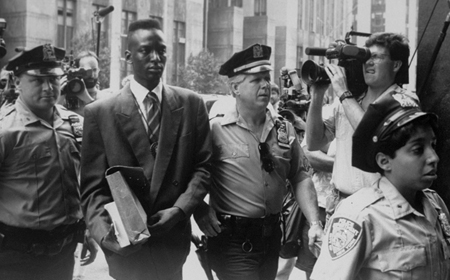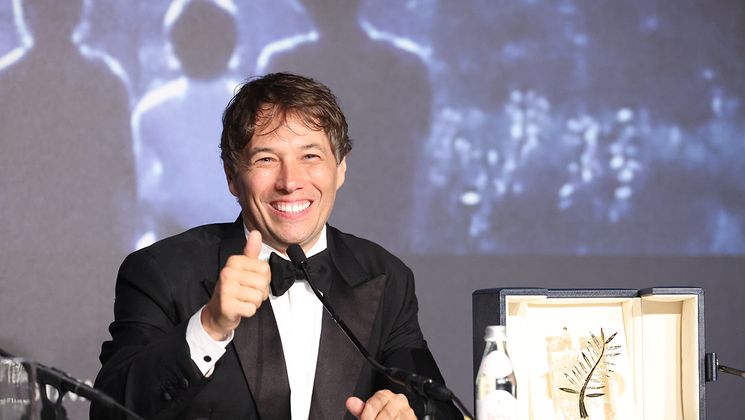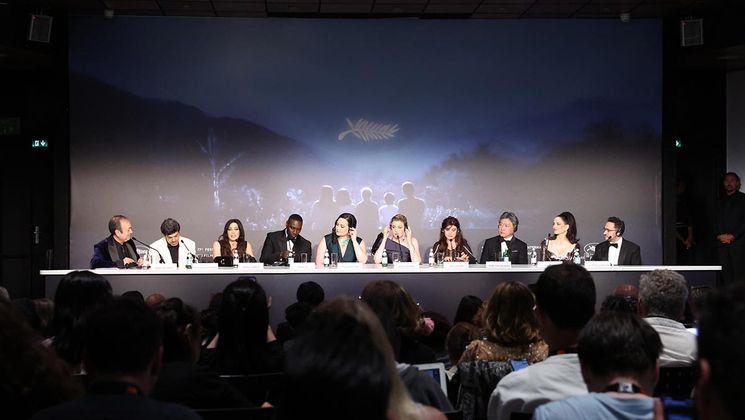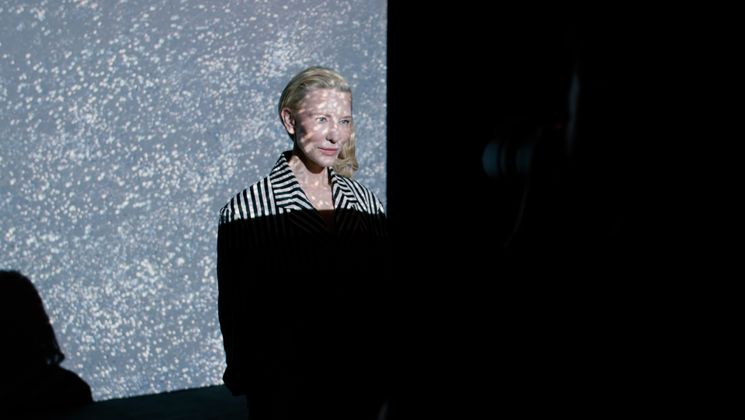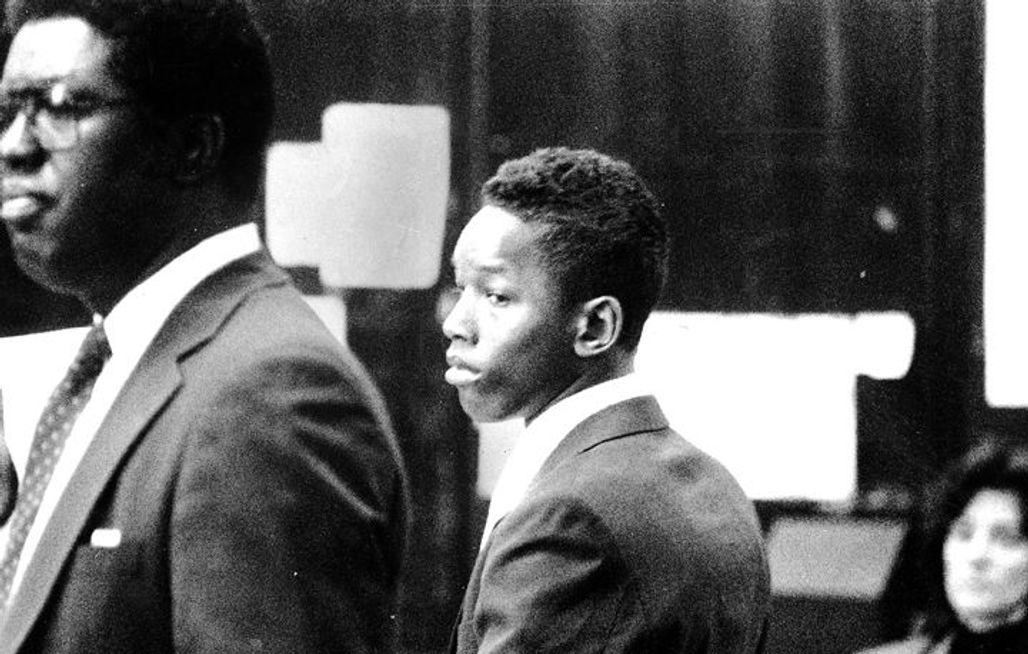
The Central Park Five: racial injustice in New York

In their documentary The Central Park Five, David Mac Mahon, Sarah Burns and Ken Burns examine the case of the Central Park rape. In the late 1980s, the story triggered strong emotions in New-Yorkers and a sensational media storm across the US. It turned out to be a tale of racial injustice.
Photo du film The Central Park Five
On 20 April 1989, a young jogger was found half dead in Central Park, her life hanging by a thread. Five black and Latino teenagers were arrested. After harsh questioning they confessed to the rape of the young white woman in the Park and were sentenced to terms of 6 to 13 years in prison. The press dubbed them the Central Park Five.
Yet even at the time the case raised more than its share of questions. No eyewitnesses came forward to support the assertions of the police and subsequent DNA tests exonerated the five teenagers. On the other hand, the press were unfavourable to the Central Park Five and presented the group as delinquents. Until the day that Matias Reyes, a serial rapist, confessed to the crime. The conviction was overturned and the teenagers, by now grown men were freed.
Behind this miscarriage of justice which destroyed five lives, the movie reveals a city in the thrall of racism. “These young men were convicted before the trial by a city blinded by the fear of racial diversity”, explains Sarah Burns. It was easier to consider them as criminals because of the colour of their skins."
In the documentary, the three film-makers look at how and why the wrongful conviction occurred. The film is based on interviews with the members of the Central Park Five and their families, former New York City Mayors, Edward Koch and David Dinkins and journalists.
TK
The film will be shown as a Special Screening at 7.45 pm on 24 May, in the Salle du Soixantième
